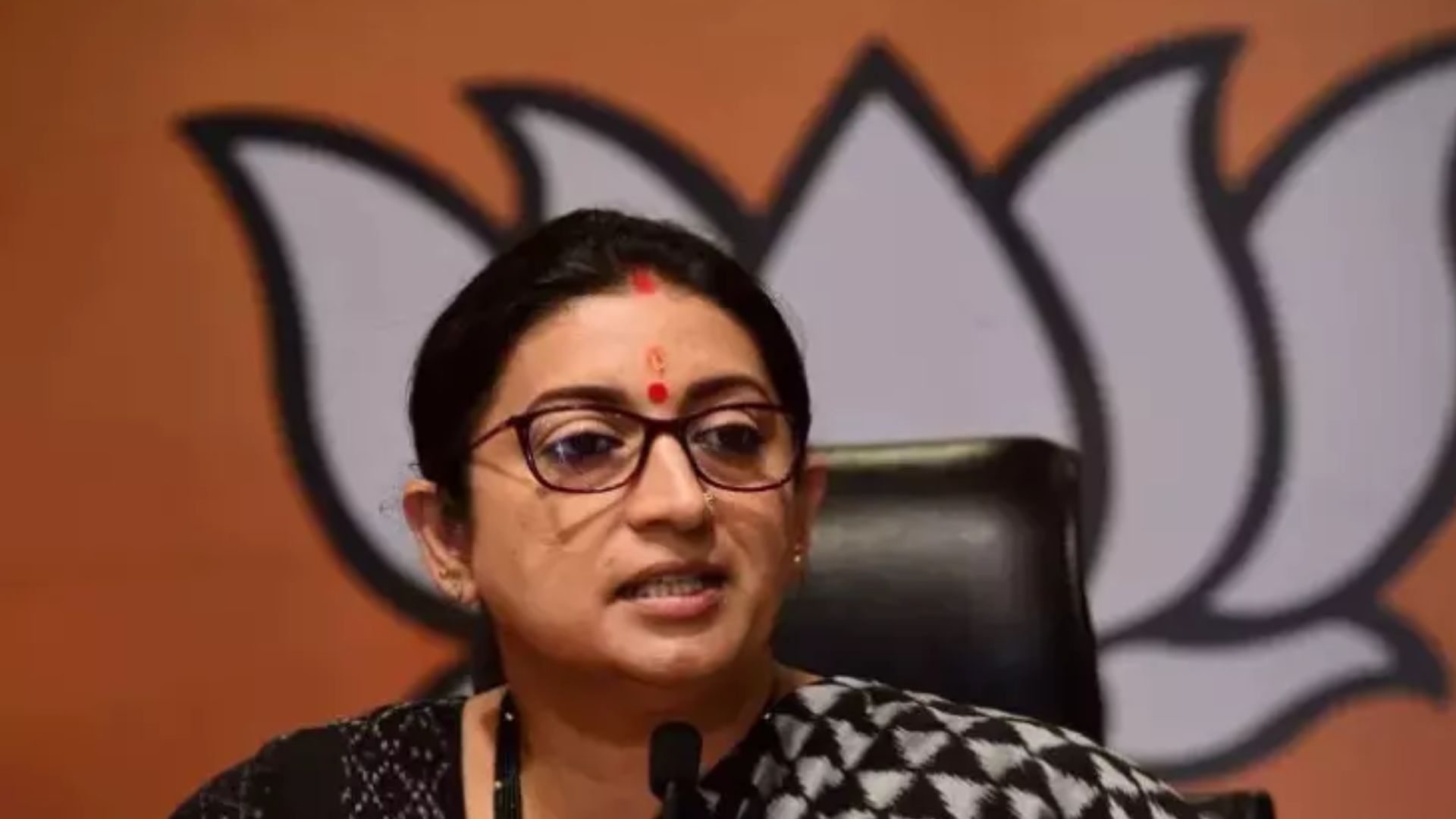Smriti Irani, the Union’s Minister of Women and Child Development, emphasized on Wednesday the significance of normalizing discussions about women’s health. One of the biggest issues, according to her, is that women’s healthcare systems and conversations have never been mainstreamed.
Speaking at a session linked to the Women’s Health Programme at the World Economic Forum in Davos, Smriti Irani said, “I think women’s healthcare systems or conversations never were mainstreamed and that has been one of the greatest challenges. How do you provide the solution to an issue that has never been spoken of? Mostly, there is a presumption that women do not want the psychological burden of their medical challenge to fall upon their family unit or hinder the economic progression of their contribution. And that is why they tend to either self-medicate or not medicate at all.”
She also spoke about the initiatives taken for women’s development after Prime Minister Narendra Modi took office in 2014. She said that 110 million toilets have been built in India under the leadership of Prime Minister Narendra Modi.
“From the Indian experience, let me provide you a big context,” Smriti Irani said, discussing the steps taken for women’s development after 2014. Following the election of Prime Minister Modi in 2010–11, a World Bank report stated that inadequate sanitary facilities for women would have a negative six percent impact on India’s GDP. That being said, if women choose to urinate in public right now, they run the risk of having their security violated.”













